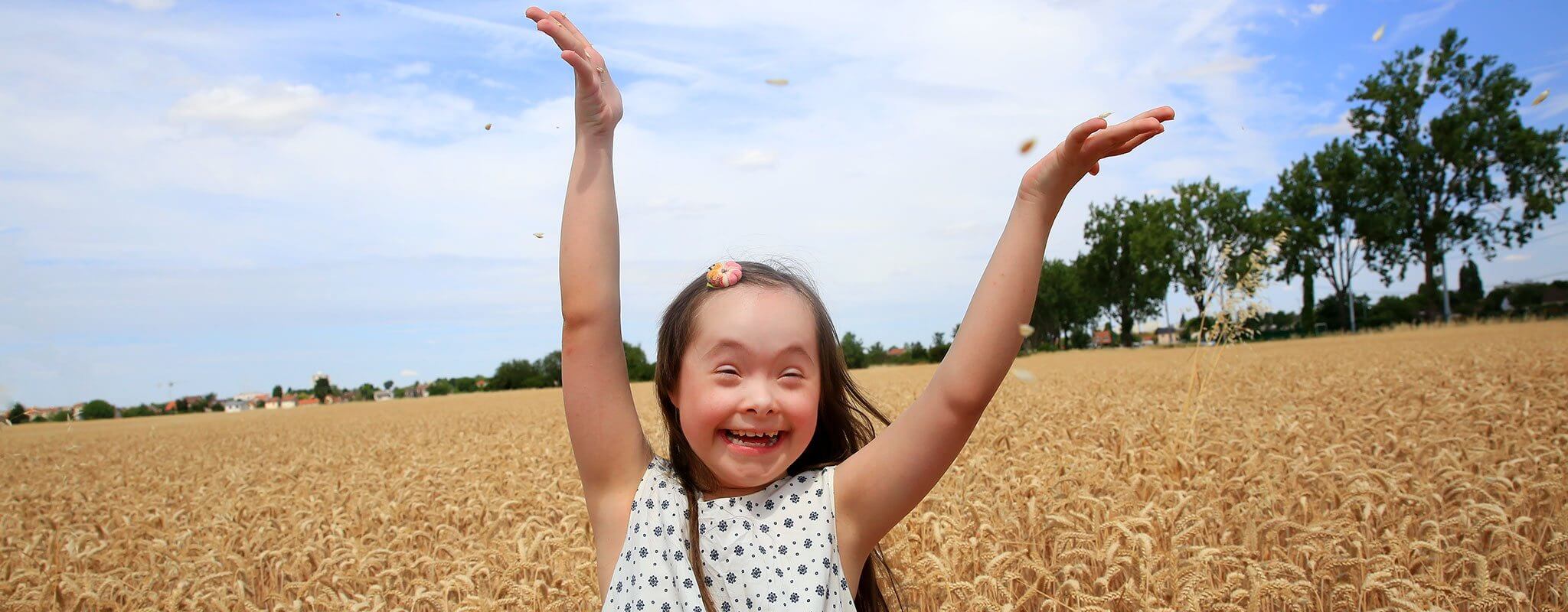What is Reflux?
Reflux or regurgitation is the spitting up of one or two mouthfuls of stomach contents. It is usually seen during or shortly after feedings. In contrast to vomiting, the milk comes up without any effort or discomfort. Reflux usually begins in the first weeks of life. More than half of all infants have it to some degree.
Causes of Reflux
Poor closure of the valve (or ring of muscle) at the upper end of the stomach is responsible. This condition is also called gastroesopbageal reflux (GER) or chalasia. Reflux is harmless as long as your infant doesn't spit up large amounts that interfere with normal weight gain.
Expected Course
Spitting up improves with age. By 7 months of age, most reflux has decreased or resolved. The reasons for this are probably the ability to sit up and the introduction of solid foods. By the time your baby has been walking for 3 months, even severe reflux should be totally cleared up.
Home Care for Reflux
Feed Smaller Amounts. Overfeeding always makes spitting up worse. If the stomach is filled to capacity, spitting up is more likely. Give your baby smaller amounts (at least 1 ounce less than you have been giving). Your baby doesn't have to finish a bottle. Wait at least 2 ½ hours between feedings because it takes that long for the stomach to empty itself.
Avoid Pressure on the Abdomen. Avoid tight diapers. They put added pressure on the stomach. Don't double your child up during diaper changes. Don't let people hug your child or play vigorously right after meals.
Burp Your Child to Reduce Spitting Up. Burp your baby two or three times during each feeding. Do it when she pauses and looks around. Don't interrupt her feeding rhythm in order to burp her. Keep in mind that burping is less important than giving smaller feedings and avoiding tight diapers.
Keep in a Vertical Position After Meals. After meals, try to hold your baby in an upright position using a front pack, backpack, or swing for 30 minutes. When your infant is in an infant seat, keep him from getting scrunched up by putting a pad under his buttocks so that he's more stretched out. After your child is 6 months old, a jumpy seat or walker can be helpful for maintaining an upright posture. To make the walker safe, buy one without wheels or remove the wheels. The best sleeping position for severe reflux is on the baby's side with the right side down. If the esophagus becomes irritated (esophagitis), talk to your doctor about sleeping prone (face down).
Cleaning Up. One of the worst aspects of spitting up in the past was the odor. This was caused by the effect of stomach acid on the butterfat in cow's milk. The odor is not present with commercial formulas because they contain vegetable oils. A more common concern is clothing stains from milk spots. Use the powdered formulas, which stain the least. Also, don't pick up your child when you have your best clothes on. Try to confine your baby to areas without rugs (for example, the kitchen).
When to Contact Our Office
Call our office immediately if:
- There is blood in the spit-up material.
- The spitting up causes your child to choke or cough.
Call our office during regular hours if:
- Your baby doesn't seem to improve with this approach. (We can discuss how to thicken feedings with cereal.)
- Your baby is not gaining weight normally.
- You have other concerns or questions.
Instructions for Pediatric Patients, 2nd Edition, ©1999 by WB Saunders Company.
Written by Barton D. Schmitt, MD, pediatrician and author of Your Child’s Health, Bantam Books, a book for parents.





